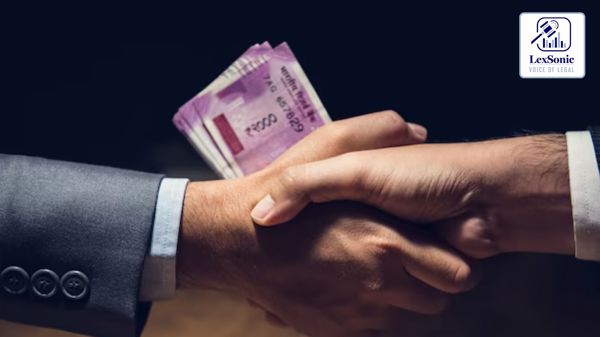Supreme Court Decision: Appellant's Section 353 IPC Conviction Overturned Due to Lack of Evidence.
12 August 2024
Corruption >> Criminal Law | Criminal Appeals & Suspension of Sentence >> Criminal Law
The Supreme Court recently addressed the appeal in the matter of Mahendra Kumar Sonker v/s The State of Madhya Pradesh of an individual challenging his conviction under Section 353 of the Indian Penal Code (IPC) in the case of Mahendra Kumar Sonkar v. State of Madhya Pradesh. The judgment, originally passed by the High Court of Judicature at Jabalpur on October 14, 2009, was scrutinized for its validity.
Background:
The appellant, Mahendra Kumar Sonkar, along with his wife Mamta, faced charges related to various criminal and corruption-related offenses. Specifically, the appellant was charged under Sections 7 and 13(1)(d) read with 13(2) of the Prevention of Corruption Act, 1988, as well as Sections 201 and 353 of the IPC. His wife, Mamta, was charged under Sections 353 and 201 of the IPC. Notably, Sonkar was acquitted of the corruption charges, and his wife was fully acquitted of all charges, including those under Section 353 of the IPC. The focus of the appeal was solely on the conviction of Sonkar under Section 353 IPC.

Incident Overview:
The case arose from an alleged incident involving a bribery trap. The complainant, Babulal Ahirwar, had reported irregularities in the construction of an Education Guarantee Building, leading to the removal of Santosh Ahirwar from his position. Sonkar, a Patwari, was tasked with investigating a counter-complaint alleging falsehood by Babulal Ahirwar. During this investigation, Ahirwar claimed that Sonkar demanded a bribe of Rs. 500. Subsequently, a trap was set, and during the attempted arrest, a confrontation occurred.
Court Findings:
The Special Judge, Sagar, convicted Sonkar under Section 353 IPC, which deals with the use of criminal force or assault to deter a public servant from discharging their duties. Sonkar was sentenced to six months of simple imprisonment and fined Rs. 1,000. The High Court upheld this conviction, prompting Sonkar to appeal.
Legal Analysis:
Section 353 IPC criminalizes the use of force or criminal intimidation against a public servant in the discharge of their duty. To secure a conviction under this section, it must be proven that the accused used force with the intent to deter the public servant from performing their duty. The Court reviewed evidence from various witnesses, including Babulal Ahirwar, O.P. Tiwari, N.K. Parihar, Niranjan Singh, and Dr. H.L. Bhuria. Witnesses reported a chaotic scene involving jostling and pushing rather than a deliberate use of force. The injuries sustained by the trap team were noted, but there was insufficient evidence to directly link these injuries to deliberate assault by Sonkar.
Conclusion:
The Supreme Court found that the evidence did not substantiate a conviction under Section 353 IPC. The appellant's actions were interpreted as an attempt to escape rather than a calculated effort to obstruct the trap team’s duties. The Court highlighted the distinction between obstructing a public servant under Section 186 IPC, which involves less severe penalties and procedures, and the more serious charge under Section 353 IPC.
Verdict:
The Supreme Court overturned the High Court's decision, setting aside Sonkar's conviction under Section 353 IPC. The appellant was acquitted of this charge, and the sentence was nullified. The appeal was allowed, and the bail bonds were discharged, concluding the legal proceedings in favor of the appellant. This case underscores the necessity for clear evidence of intent and action when prosecuting under stringent sections like Section 353 IPC.
Prevention of Corruption Act, 1988 Indian Penal Code, 1860
